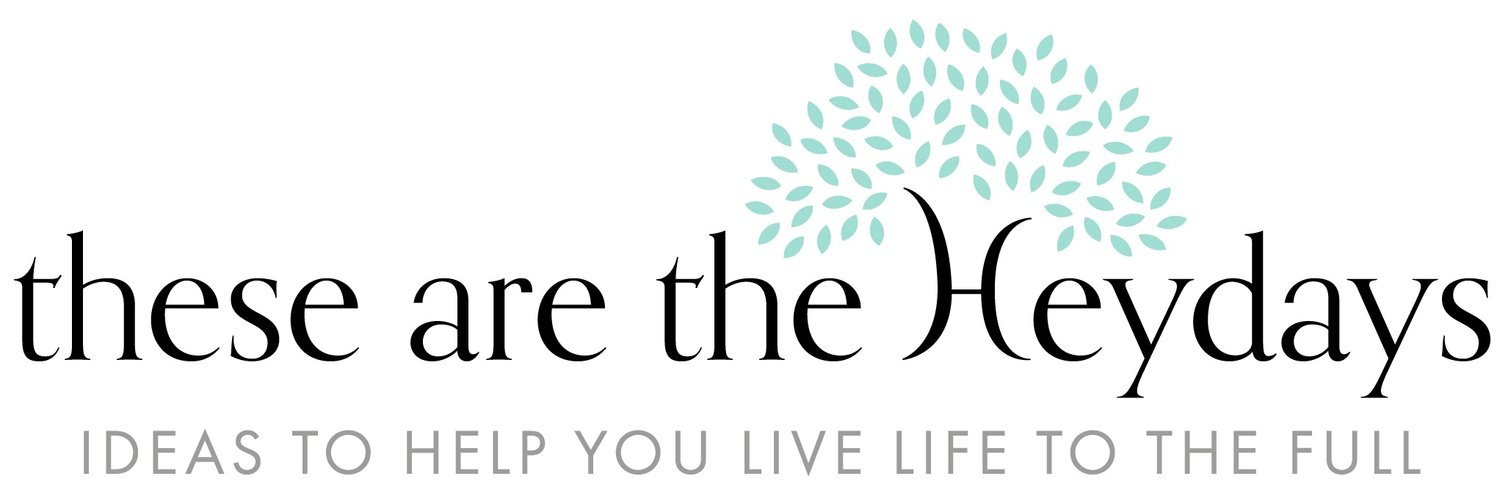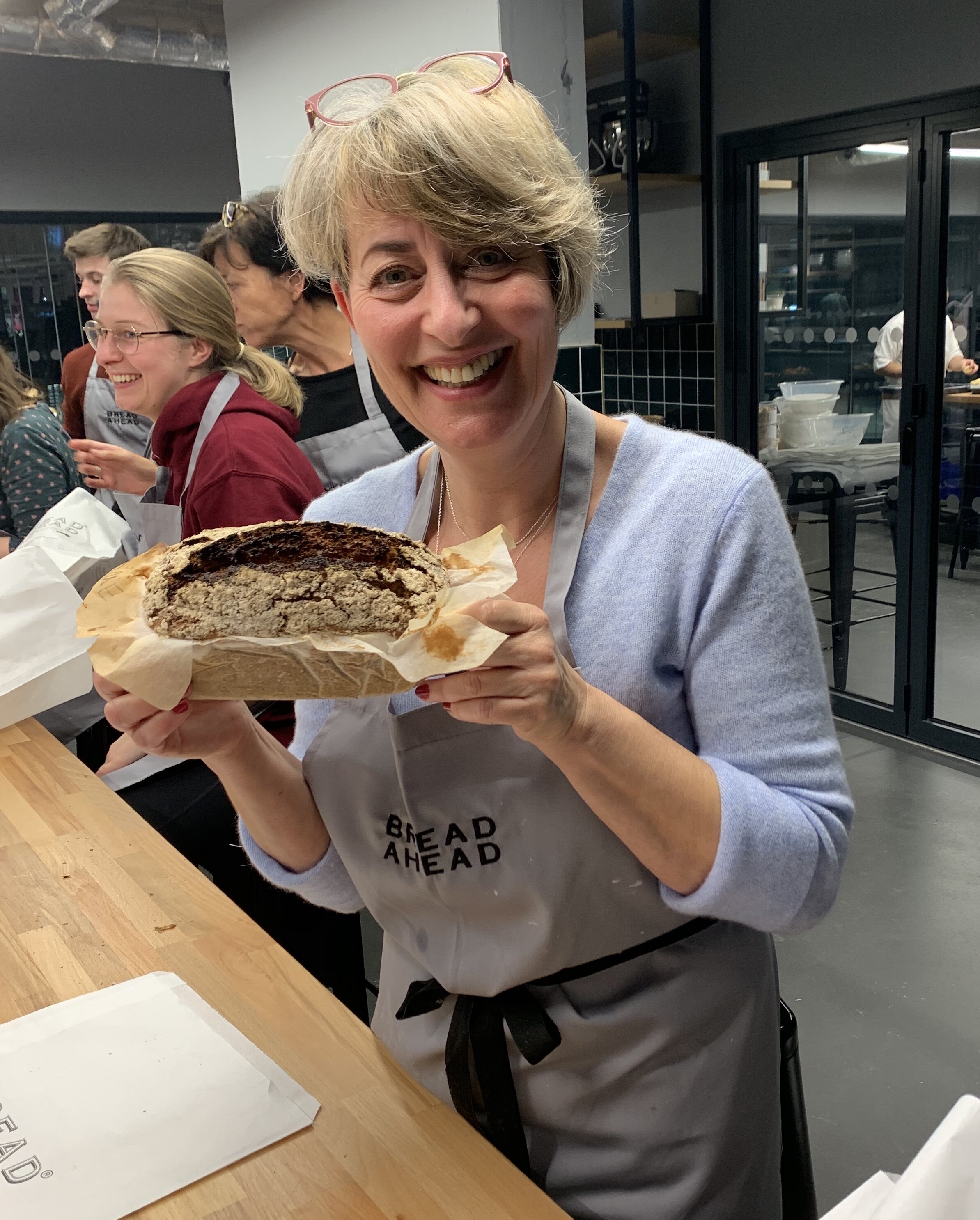Sourdough bread-making workshop
I think there might almost be nothing I love eating more than either freshly baked bread (warm from the oven even better), or a perfectly toasted (and for me that has to be dark-brown-very-nearly-burnt) slice dripping with butter and marmalade.
There’s very little bread I’d ever turn down (as my hips will attest), but the loaves that currently set my heart aflutter are sourdough - I’m shamefully unfussy about what kind - and a very specific brown mixed-seed loaf from the brilliant Dunns Bakery in Crouch End, North London (if you are ever in the area, it’s not to be missed).
Bread making is something I’ve never tried myself, but always thought I’d like to, so when I saw a leaflet for a half-day introduction to sourdough baking workshop, run by innovative bakery and bread-making school, Bread Ahead, I was intrigued.
Obviously I’m well aware that the process of proper bread making is a lengthy one. But I hoped that even in half a day, I would be able to learn enough about the basics to give it a go. So along with 11 other similarly interested bread-lovers I presented myself at the newly opened Bread Ahead bakery and school in Wembley, North London (they have other 3 other retail and workshop venues in the capital).
Aproned up and ready to start the workshop which took place overlooking the Bread Ahead bakery and restaurant
Our session was lead by the fabulously knowledgable, experienced and extremely witty French-born master baker Manuel (you can read about his journey from trained architect to bread maker and tutor par excellence here,)
The marvellously French and marvellously knowledgable Manuel teaching us the techniques of sourdough making
He managed to balance the need to inform us about the history and technicalities of the sourdough-making process - it helps to understand how and why it works - with as much hands-on, have-a-go experience as possible in such a relatively short time.
Sourdough loaves require a starter - a combination of flour and water that’s allowed to ferment and develop bacteria that enable the dough to rise and give it the sour aroma and flavour it’s named after - and we each made our own at the start of the session. (Properly managed, a starter can last for years, even decades and we took ours home with us afterwards, along with detailed instructions about how to keep it ‘fed’)
That’s my just-started starter at the back, and the fed-and-ready version in the bowl in the front. You’re welcome
We couldn’t use our own starters for baking in the workshop, they need several days to be fully ready, but in true Blue Peter fashion, we were provided with one prepared for us earlier, from which we each made a densely dark rye loaf with the added tang of caraway and coriander seeds mixed into the dough.
Proud bread-mama showing off my hand-made rye loaf
We also had the chance to have a go at kneading a dough (I don’t think that one ever got baked, and probably just as well), and at scoring a ready-proved loaf each, a process that involved cutting into the top of the dough with a razor blade. The cuts are more than just decorative - not only do they form the crunchy raised flaps of crust on the top of the baked loaf, they also create an intentional weak spot in the bread which prevents it bursting and becoming misshapen during the bake.
My skillfully scored sourdough loaf ready for the oven
Our attention and efforts were repaid at the end of the three hour session when we had the chance to sample the outrageously good bread we had made ourselves and witnessed being made (Manuel also demonstrated how to bake a loaf in a crock pot).
We were assured the loaves we took home with us would last for days, but I’m afraid due to reasons of sheer greed, I can’t confirm whether that was the case!
Go on, admit it, these wouldn’t have lasted long in your house either
I can, however, report that my starter is alive and well (phew!) and that I’m definitely going to give sourdough making a go. I’ll let you know how it goes!
Bread Ahead run all kinds of different workshops including doughnut making, patisserie, flatbread and even gluten free. You can find details of all their courses here
And this website has a list of all the sourdough making courses in the UK and Ireland.
Do you make your own bread? If so, what sort? And what tips do you have for any fledgling bread-makers like me?
Other posts you’ll enjoy
You too can be a Bake Off contestant (sort of!)










